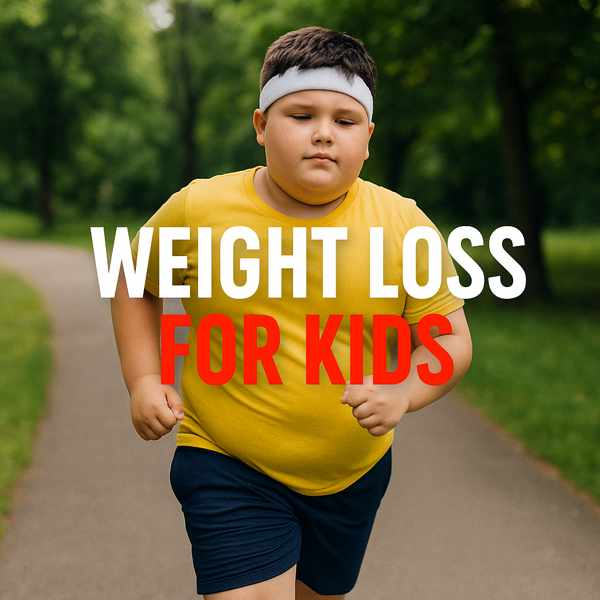A Parent’s Guide to Kids’ Weight Loss
A Parent’s Guide to Kids’ Weight Loss
Blog Article

More parents are looking for safe and effective ways to support weight loss for kids without causing harm or stress.
Helping children achieve a healthy weight involves supporting their physical and emotional development, not strict dieting or quick fixes.
Causes of Excess Weight in Children
Children may gain weight due to a mix of factors, such as:
- Too much screen time, not enough movement
- Unbalanced diets
- Emotional eating
- Affects hunger hormones and metabolism
Addressing the root causes helps create long-term solutions.
When to Be Concerned
Look for:
- Especially without growth spurts
- Could signal health or confidence issues
- May feel self-conscious or tired
- Changes in eating behavior
Always consult a pediatrician before making major changes.
Helping Kids Build a Balanced Lifestyle
Start with small, sustainable shifts like:
- Avoid processed snacks and takeout
- Make meals colorful and fun
- Cut hidden sugars from drinks
- Dancing, biking, playing outdoors
Make changes together so your child feels supported, not singled out.
Positive Approaches to Activity
Ideas include:
- Walking the dog as a family
- Setting screen time limits
- Joining community sports teams
- Family fitness challenges
The goal is consistency and enjoyment—not perfection.
Fostering Confidence
Kids need:
- Praise effort, not appearance
- Weight loss is a side effect of better habits
- Open conversations about food and emotions
- Encouragement to love their body
When kids feel good emotionally, they’re more likely to make healthy choices.
When to Get Professional Help
It may be time to talk more information to a specialist if:
- You’re not sure what’s safe or age-appropriate
- Your child expresses negative body image
- Weight gain continues despite healthy changes
- You feel overwhelmed as a parent
Conclusion
Weight loss for kids is not about restriction—it’s about guiding positive routines.
Start small, stay kind, and celebrate progress, not perfection. Report this page